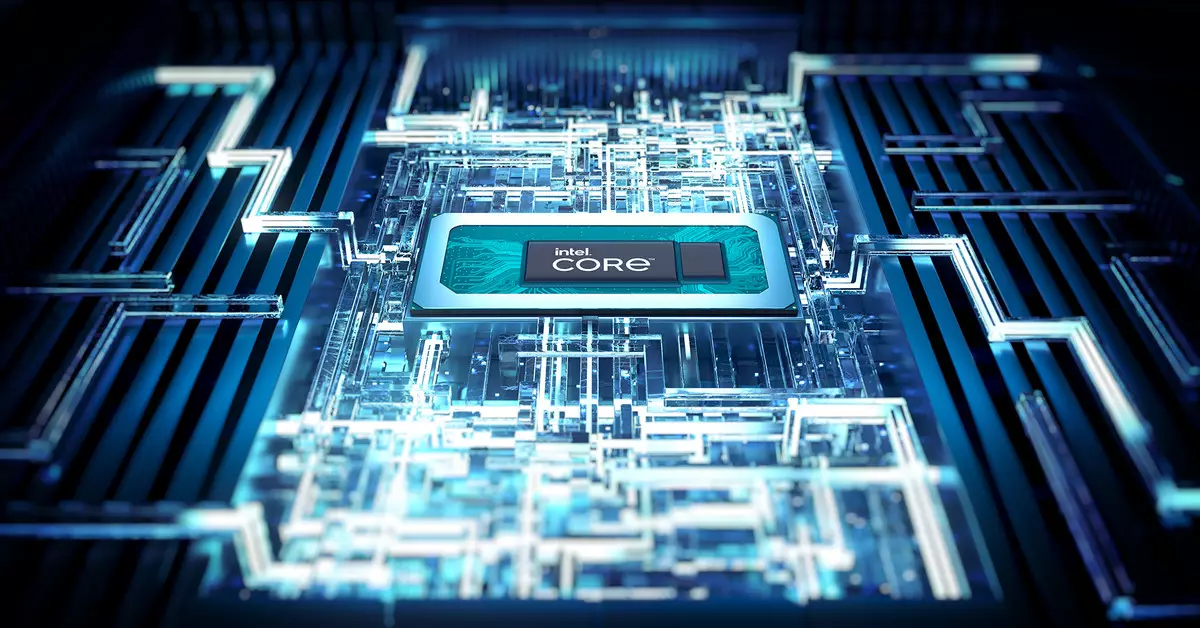After months of speculation and concerns regarding potential instability issues with Intel’s laptop chips, the company has finally confirmed that its 13th and 14th Gen laptop chips do not seem to have any such problems. This comes as a relief to many consumers and tech enthusiasts who have been worried about the possible permanent damage that could affect these chips.
According to Intel spokesperson Thomas Hannaford, the company has conducted thorough investigations and has concluded that the Vmin Shift Instability issue does not impact its 13th and 14th Gen laptop chips. This is good news for users who rely on these chips for their computing needs, as it eliminates any concerns about potential crashes or performance issues.
Clarification on Desktop Chip Affected
While Intel has confirmed that laptop chips are not affected by the instability issue, it is important to note that some desktop chips may still be vulnerable. However, the company has stated that certain models such as 13th and 14th Gen i5 chips (non-K series), i3 chips, and Xeon chips are not affected by the specific voltage issue.
Unaffected Products List
Intel has provided a list of products that are not affected by the Vmin Shift Instability issue, including:
– 12th Gen Intel Core desktop and mobile processors
– Intel Core 13th and 14th Gen i5 (non-K) & i3 desktop processors
– Intel Core 13th and 14th Gen mobile processors
– Intel Xeon processors
– Intel Core Ultra (Series 1) processors
This information should provide reassurance to users of these products that they can continue to use them without any concerns about instability or permanent damage.
Intel has recommended that users of Intel Core 13th and 14th Gen desktop processors ensure that their systems are running the latest BIOS. This can be checked using Intel’s Compatibility Tool or the motherboard manufacturer’s website. Following the Intel Default Settings recommendations for these processors is also advised to maintain optimal performance and stability.
Looking ahead, Intel has reassured consumers that future chips, including those in the upcoming Arrow Lake and Lunar Lake architectures, will not be affected by the Vmin Shift Instability issue. The company is committed to ensuring that its products are protected against such issues to prevent any potential risks to users.
The confirmation from Intel that its 13th and 14th Gen laptop chips are not affected by instability issues is a positive development for consumers. With the recommended precautions and updates in place, users can continue to rely on Intel’s products with confidence. It is crucial for users to stay informed about any updates or announcements from Intel to maintain the stability and performance of their devices.

